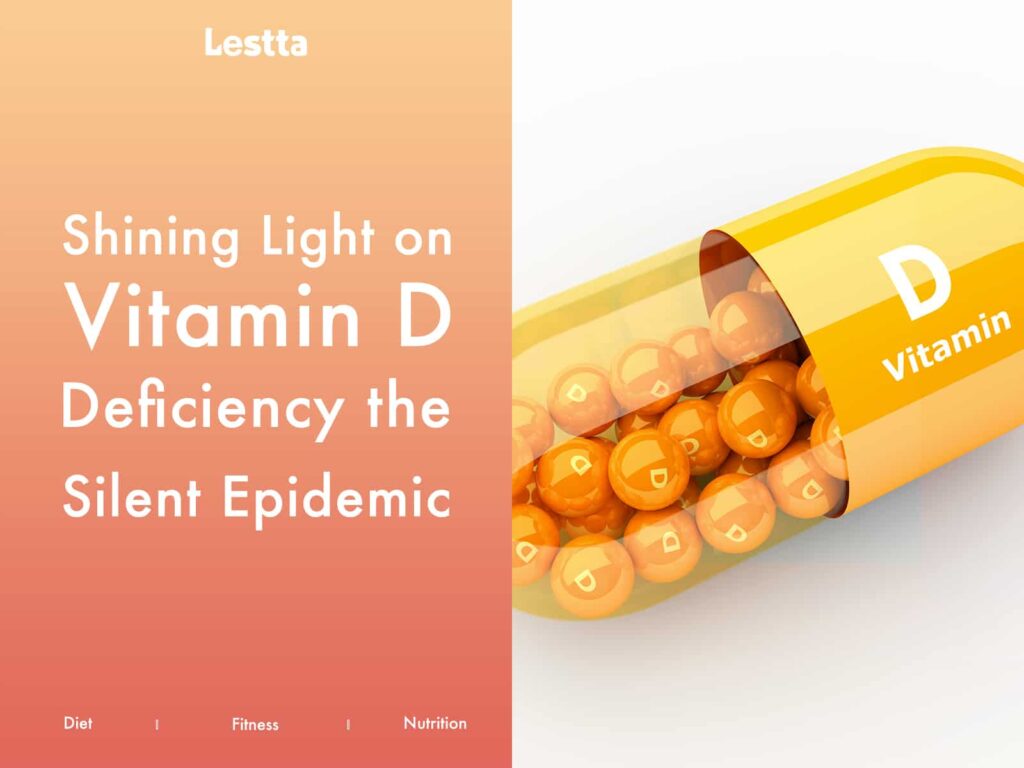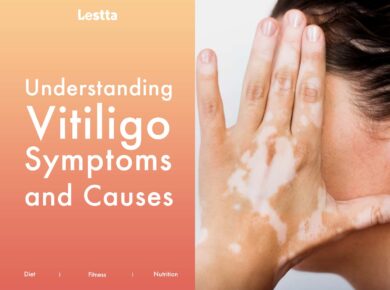
Vitamin D is an essential nutrient that plays a crucial role in maintaining our overall health and well-being. However, in recent years, vitamin D deficiency has emerged as a silent epidemic. Now we will delve into the importance of vitamin D, the causes and consequences of its deficiency, and ways to address this growing concern.
Understanding the Role of Vitamin D
Vitamin D, often referred to as the “sunshine vitamin,” is not only obtained through exposure to sunlight but also found in certain foods and supplements.
It plays a vital role in maintaining bone health, supporting the immune system, regulating mood, and promoting overall wellness. Adequate levels of vitamin D are essential for the proper functioning of our body’s systems.
Causes and Risk Factors
Several factors contribute to vitamin D deficiency. Insufficient exposure to sunlight, particularly in regions with limited sunlight or during winter months, can significantly impact vitamin D levels. Additionally, certain lifestyle factors, such as spending excessive time indoors, consistently wearing sunscreen, or having a predominantly vegan diet, can increase the risk of deficiency.
Furthermore, specific medical conditions and medications can interfere with the body’s ability to absorb and utilize vitamin D effectively.
Its Consequences
Vitamin D deficiency can have far-reaching consequences on our health. Inadequate levels of this essential nutrient have been linked to weakened bones, increased risk of fractures, compromised immune function, mood disorders like depression and anxiety.
Also, an elevated risk of chronic diseases such as cardiovascular conditions, diabetes, and certain cancers. Recognizing and addressing vitamin D deficiency is crucial to prevent these potential health complications.
Diagnostic and Prevention Strategies
To determine vitamin D levels, a simple blood test can be conducted by healthcare professionals. Based on the results, appropriate measures can be taken to address the deficiency. Supplementation, guided by healthcare providers, is often recommended to increase vitamin D levels.
Additionally, incorporating vitamin D-rich foods like fatty fish, fortified dairy products, and eggs into the diet can help prevent deficiency. However, it is important to strike a balance as excessive vitamin D intake can also have adverse effects.
Sunlight and Vitamin D
Sunlight is a crucial source of vitamin D. Spending time outdoors, especially during midday when the sun’s rays are the strongest, can help boost vitamin D production in the body. However, it is important to maintain a balance between sun exposure and protecting the skin from harmful UV radiation.
Consulting with healthcare professionals can provide guidance on safe sun exposure practices based on individual factors such as skin type, location, and time of year.
Conclusion
Vitamin D deficiency is a silent epidemic that demands attention and proactive measures. By understanding the significance of vitamin D, recognizing the causes and consequences, and adopting preventive strategies, we can safeguard our health and well-being.
Regular sunlight exposure, a balanced diet, and appropriate supplementation can help combat this widespread concern. Let us shine a light on vitamin D deficiency, raising awareness and prioritizing this essential nutrient to promote optimal health for all.









